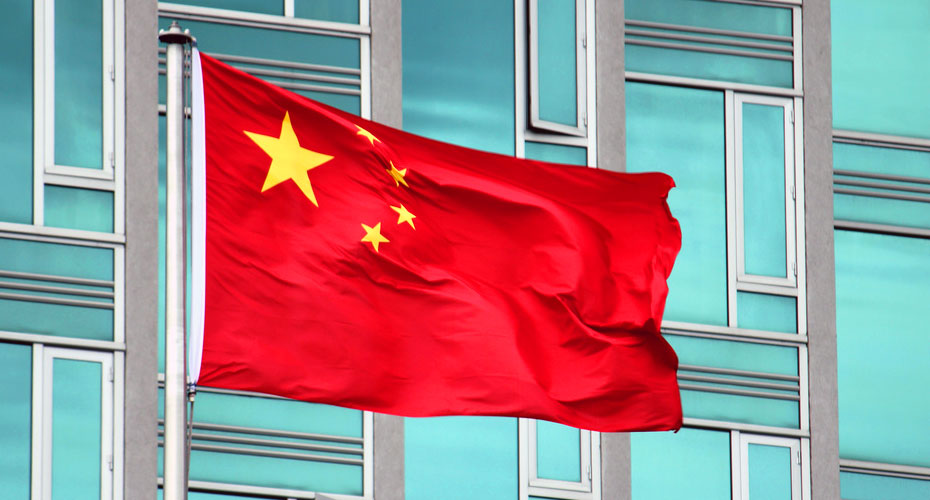
China’s newest free trade zone
Shanghai has always been the leader of economic foresight in mainland China and Sunday marked a huge leap forward for the city, with the opening of a newly created free trade zone (FTZ).
This experimental FTZ symbolizes the gusto with which the Chinese government hopes to turn around economic growth nearing a 23-year low. The main goal of this FTZ is to put China on a more sustainable growth plan.
What you need to know
Whether you’re a small or large business considering hiring from abroad, or trading with other nations, this FTZ brings about some important changes. Below are the key points you need to know:
- The FTZ is a mere 11 square miles
- Eased restrictions of foreign investments – Chinese and foreigners allowed to directly invest internationally
- Testing of market-set interest rates
- Free convertability of the yuan
- Facebook, which is banned in mainland China, will be allowed
- The other once-banned item allowed in the FTZ: video game consoles and manufacturing.
The most controversial experiment is the liberalization of currency conversion. This would allow the Chinese currency to be freely traded in the open market and hopefully bring the currency to the correct value as most nations believe the yuan is severely undervalued.
Reforms will take time
Most of these experimental reforms will take about three years to fully develop. In the meantime, many are hedging bets on how this new FTZ will effect land prices and real estate values. Oddly enough, allowing Facebook to exist in this FTZ may in fact bring about global economic reform faster than any policy or plan.
We’ve seen how Facebook accelerates the rate at which news is transmitted across the global stage! Not only will having Facebook facilitate the dissemination of information but also lure young, bright minds to possibly do business in this FTZ. It seems as though China has her finger on the pulse of what drives innovation and reform: youth.
Monica Moffitt, founder and Principal Cultural Consultant at Tianfen Consulting, Inc., has traveled the world and enjoys linguistics and all things culture. Having split her career between project management and business analytics, Monica merges logic, fluency in Chinese and creativity in her new role as cultural consultant. She received a Bachelor of Arts in East Asian Studies/Chinese from Vanderbilt University and a Master of Business Administration (International Management and Marketing) from University of Texas at Dallas.









































